Weapon Chest With Tools To Make Ammunition Found In 500-Year-Old Griffin Shipwreck
Maritime researchers have discovered weapons chest and pieces of armour from a 500-year-old shipwreck off the coast of Sweden.
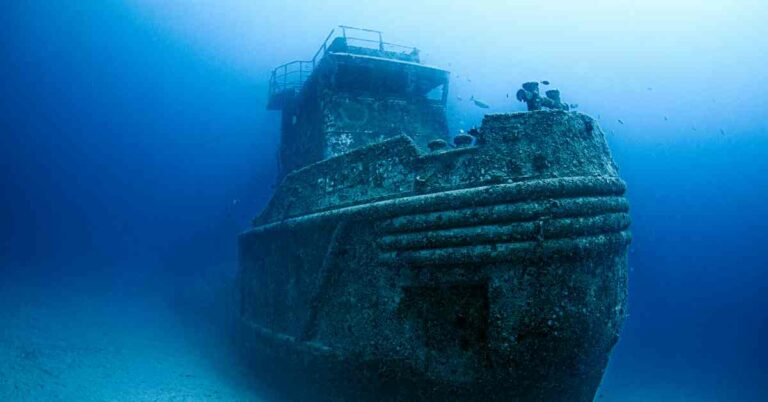
Maritime researchers have discovered weapons chest and pieces of armour from a 500-year-old shipwreck off the coast of Sweden.
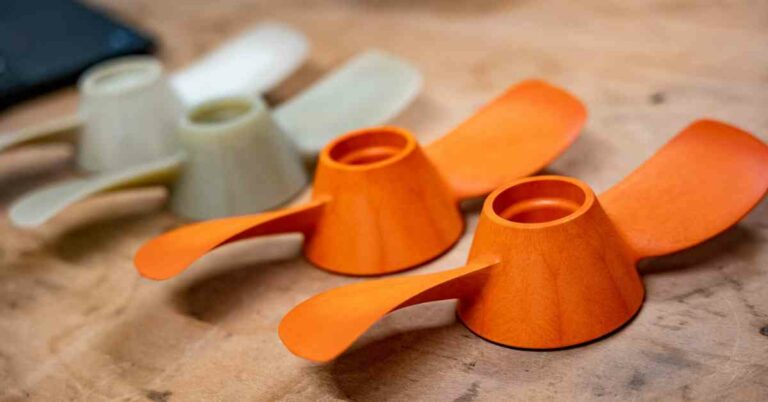
Torqeedo is leading an essential environmental endeavour by incorporating ocean-bound trash into its emission-free boating equipment.
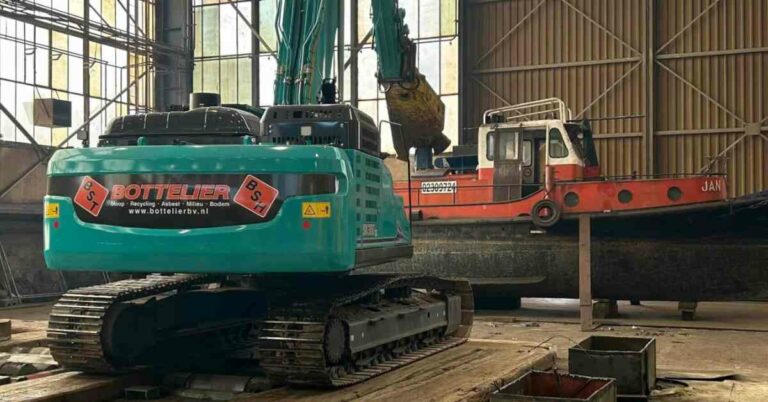
Damen Shipyards has launched a pioneering pilot project to transform ship dismantling into a circular economy model.

NCL and Fincantieri marked a crucial milestone with the float-out of Norwegian Aqua, the first vessel of the Prima Plus class.

The Suez Canal Authority revealed that its rescue teams successfully prevented the sinking of the Tanzanian-flagged cargo ship Labatros.
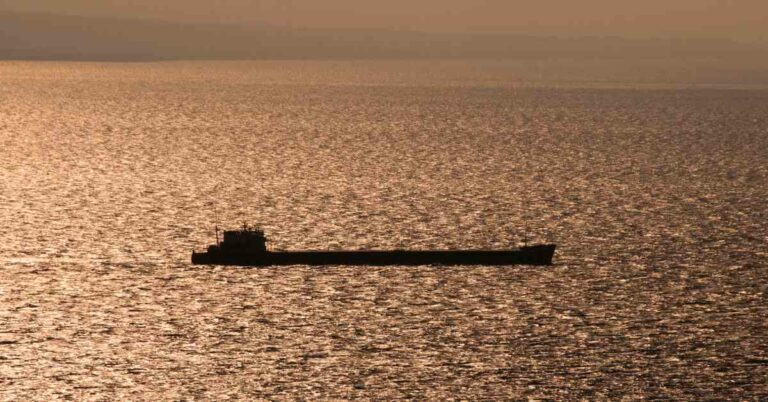
Russia’s “shadow fleet” of oil tankers is possibly conducting espionage in the Baltic Sea.
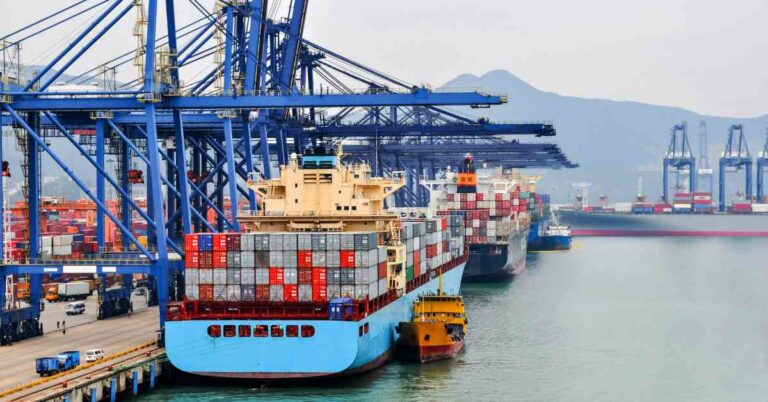
A labourer’s dead body was found inside a foreign vessel, MV Ulusoi, at the Paradip Port in a mysterious situation.

Rescue workers were racing against time to look for the crew members who got washed away after the vessel they were on slammed into a bridge.
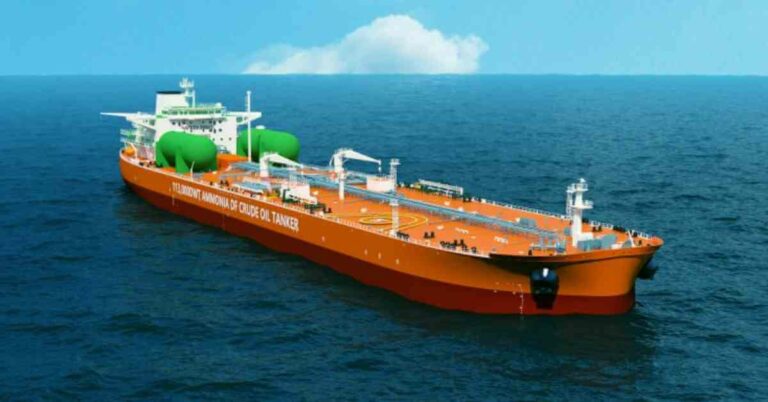
The world’s first two ammonia dual-fuel Aframax tankers had Time Charter Party Contracts signed by Malaysia’s tanker arm, MISC Berhad.
"*" indicates required fields